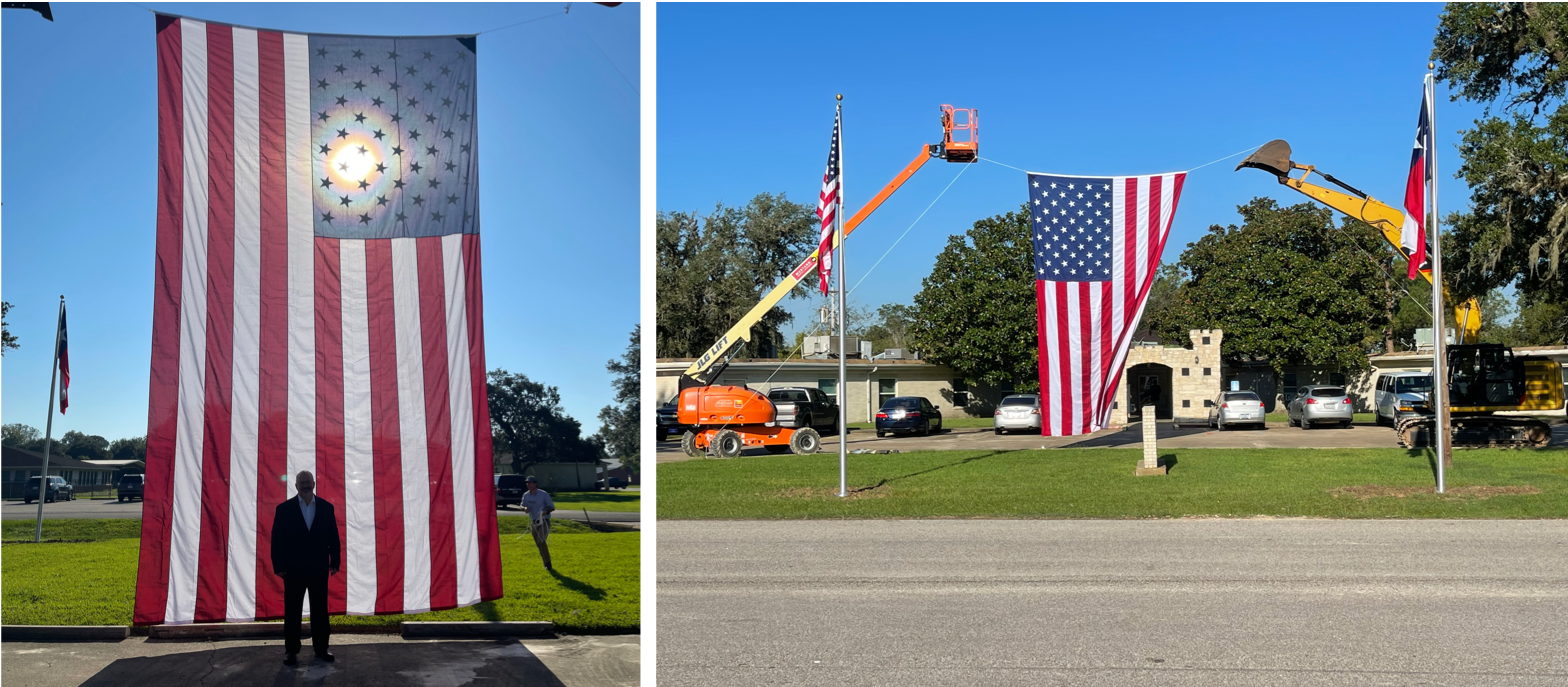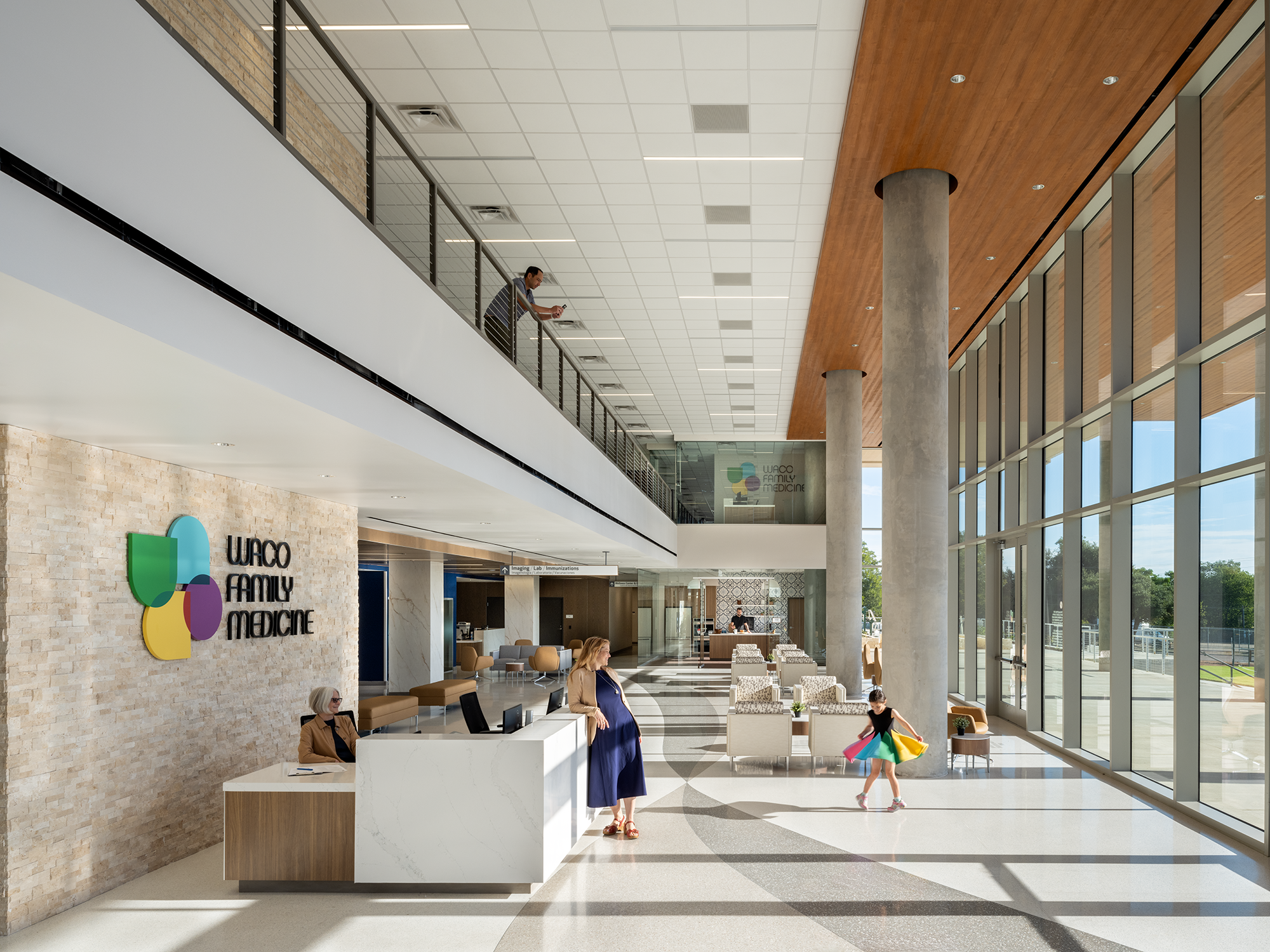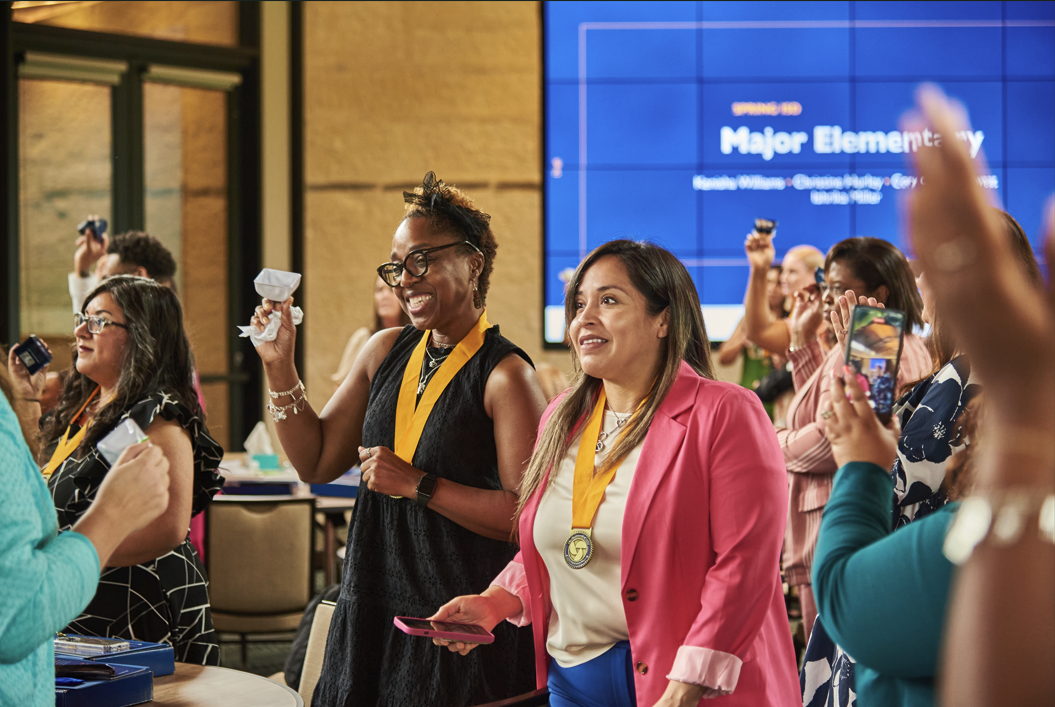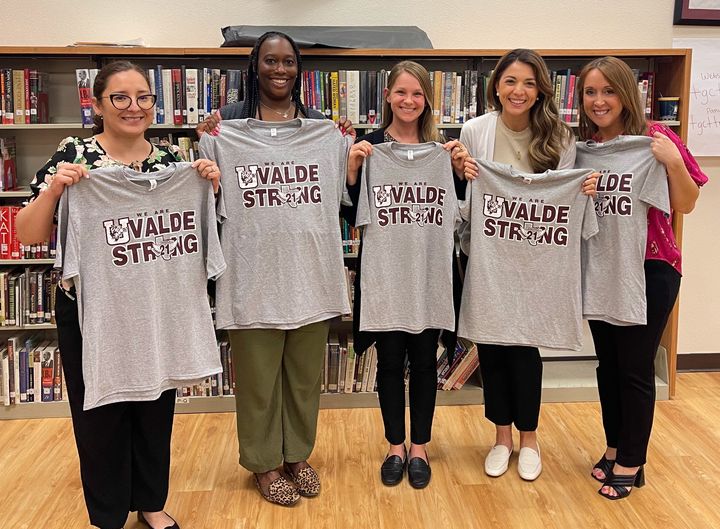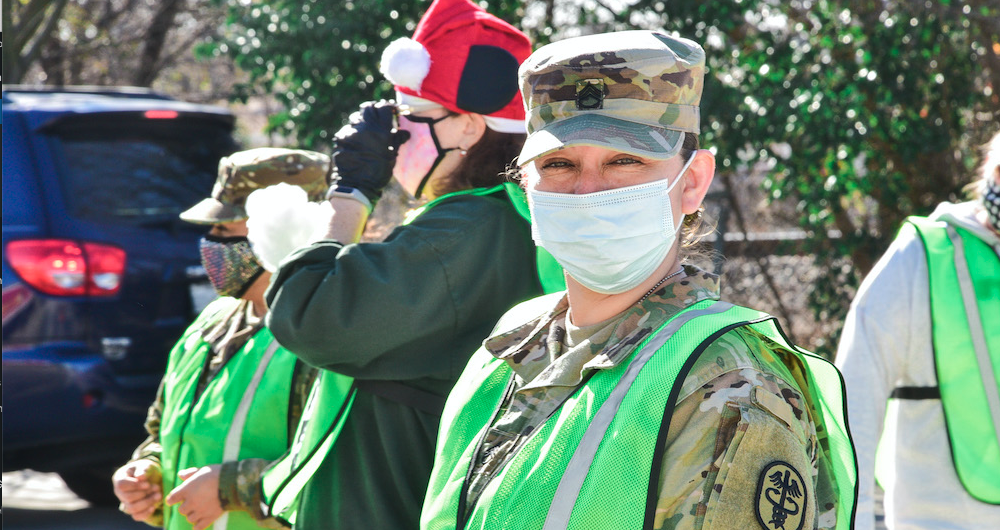
Celebrating Our Texas Heroes: Veterans Day Edition
Tell us about your relationship with the Moody Foundation.
James Simons, Honor Veterans Now (HVN) grant writer: We recently received a grant from the Moody Foundation in June of 2021. We are very impressed by the support the foundation has offered many organizations throughout Texas, especially those in underserved areas. We have plans to travel to areas of Texas that are underserved to visit with Veterans County Service Officers, VA Hospital and Clinic caseworkers and administrators, and Veteran coordinators at trade schools, colleges and universities to identify and begin serving more veterans in need.
Shannon Razsadin, Military Family Advisory Network (MFAN) president and executive director: MFAN fist teamed up with the Moody Foundation in December 2020. Through our research, we found that one in six military families in Texas (pre-pandemic) was experiencing food insecurity. The Moody Foundation was the inaugural sponsor of MFAN’s food support programming. In December 2020, prior to the Christmas holiday, we provided over 45,000 pounds of food to military families in Texas. Since that time, MFAN has been able to provide 300,000 meals to military- and veteran-connected families in Texas.
We know that food distribution events alone won’t solve the issue of hunger in the military community, however, they do provide immediate food support and a touchpoint with families to get them information about local resources. Because military families move so often, on average every 2.5 years, navigating local resources can be a challenge.
Dr. Cliff Robertson, Jr., The Warrior’s Refuge (TWR) executive director: The Moody Foundation was one of our first major donors when we were first getting started. They have been instrumental in helping us get the professional case management and counseling staff to help our veterans. The Moody Foundation grant was used to hire staff (Case Management and a Counselor) and a van for transportation to and from medical appointments and job interviews.
Crystal Lee Laramore, Wheelchairs for Warriors (WFW) executive director: The Moody Foundation has been a partner with WFW for two years now. Without their gracious and steadfast support, many veterans in Texas would not have wheelchairs. Even though we are a national organization, we have a higher demand for wheelchairs in Texas. Houston boasts the highest population of retired veterans, and San Antonio has one of the largest populations of active and newly departed military personnel.
We are not only in the wheelchair business but in the saving lives and families business. With the Moody Foundation grant, we have built six chairs and have 10 veterans on our waiting list. Often times one wheelchair will not afford veterans the lifestyle they want. But with two or three? You bet! Because of the Moody Foundations generosity, we have also built several Cajun Commando outdoor wheelchairs. This chair allows our veterans to go hunting and fishing with friends and family, ride on the beach, work their land and more.
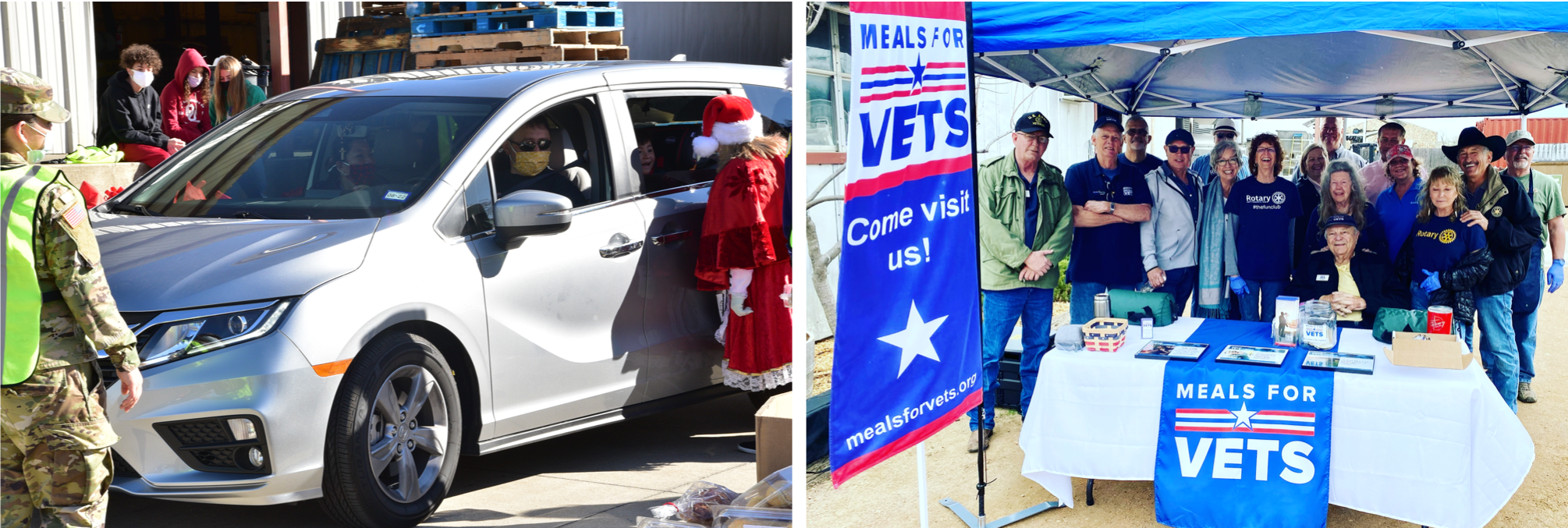
Veterans Organizations Meal Distribution Initiatives
What services do you provide?
Simons (HVN): We provide meals to veterans through Meals for Vets, the flagship program of Honor Veterans Now. To do this, we collaborate and contract with local (e.g. Meals on Wheels, college and university dining facilities) and national (e.g. Mom’s Meals) meal providers on a reimbursement basis. Meals are provided either by home delivery, or by congregate method at senior centers or college and university dining facilities, or we have the meals shipped to them if they are not at home every day or live outside of the meal provider service area.
Razsadin (MFAN): A key element of our work is hearing from military and veteran families and elevating those experiences to those in roles of leadership. A perfect example of this is the work that we did around privatized military housing. When MFAN fielded a survey to hear from families about their experiences with privatized military housing, the 17,000 families who responded helped us shape the narrative, and ultimately advise on key changes including the Tenant Bill of Rights. Our goal is to connect families who sacrifice so much to the resources that will help them now and in the future.
Robertson (TWR): We are a veterans homeless shelter, counseling center and vocational resource/training hub. We offer case management and veteran benefits assistance and clinical mental health and chemical dependency counseling to veterans and their families. Additionally, we offer employment assistance, transportation and job training – both technical and hands-on.
Laramore (WFW): WFW provides custom-fit, complex-rehab mobility solutions to ensure wounded veterans and first responders can rejoin their lives at the highest level possible with independent mobility and function.
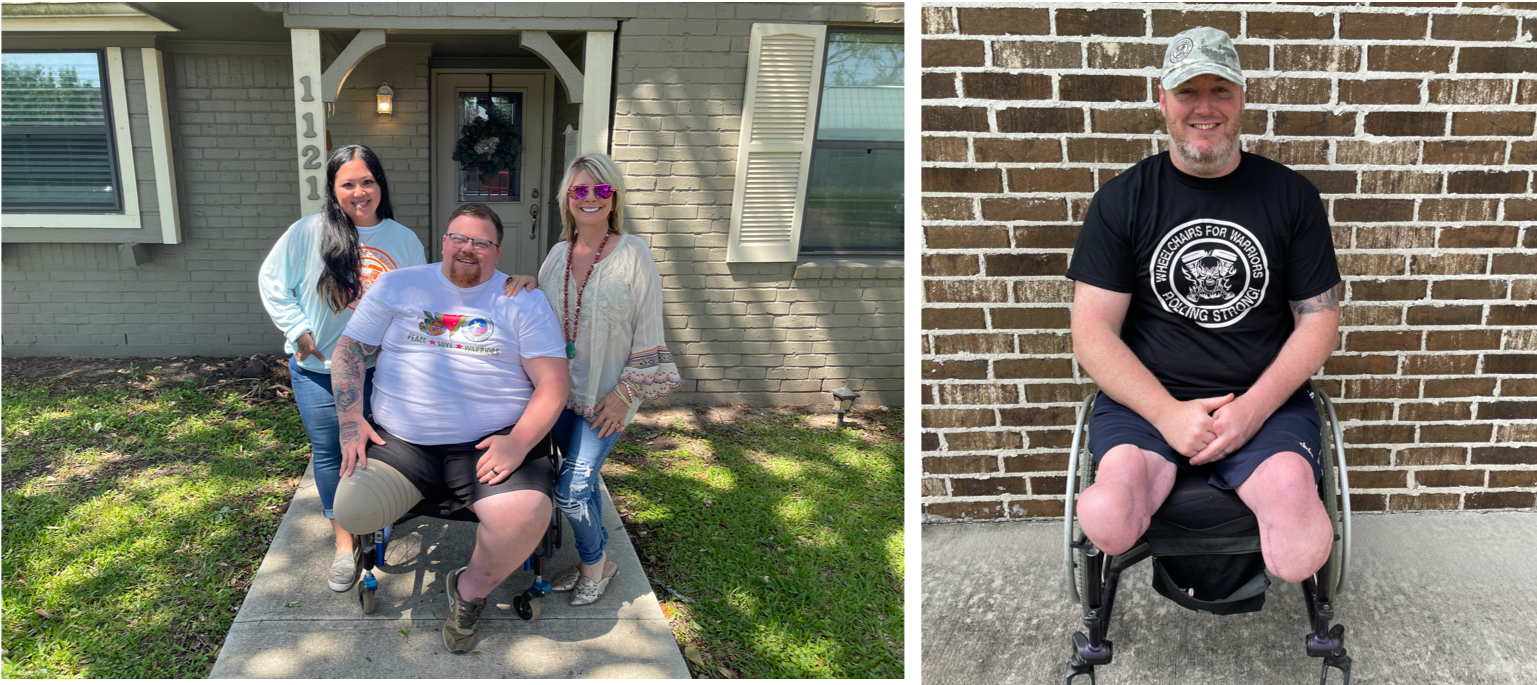
Wheelchair Recipients
How many people do you serve each year?
Simons (HVN): In total, we have served just over 630 unduplicated veterans since our founding in 2015, and provided access to over 197,000 meals. In 2019, we served an average of 175 unduplicated veterans per month. Then in 2020, because of the impact of COVID-19, our numbers dropped to only 90 unduplicated veterans per month. Our numbers have begun to slowly climb in 2021, as our last two months of verified data indicate we served 100 unduplicated veterans per month.
Razsadin (MFAN): In 2021, MFAN will serve more than 25,000 military and veteran families.
Robertson (TWR): We serve approximately 220 veterans in our shelter operations program, 375 in counseling, and 250 in education and employment. Some veterans participate in multiple programs for a total of around 400 individual veterans served.
Laramore (WFW): In 2020, we served 13 veterans and in 2021, we are on target to serve 22. This would absolutely not be possible without the Moody Foundation’s support.
